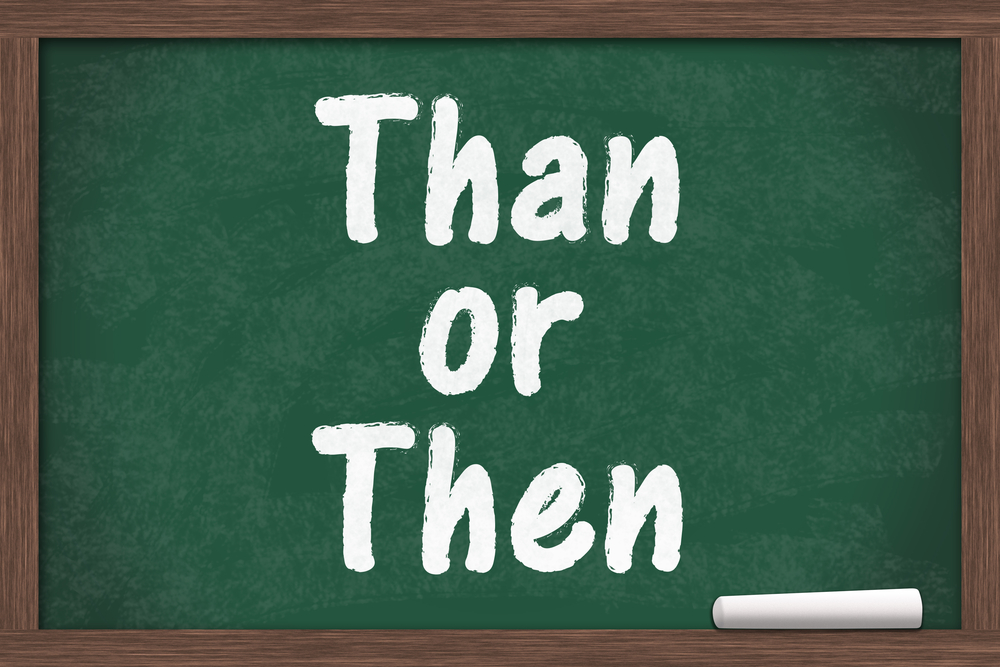Understanding adjectives Grammar Worksheets for Ages 3-9
5 filtered results
-
From - To
Discover the perfect resource for young learners with our "Understanding Adjectives Grammar Worksheets for Ages 3-9"! These engaging and educational worksheets are designed to help children identify and use adjectives correctly. Each activity is crafted to enhance vocabulary and grammar skills through fun exercises, colorful illustrations, and interactive tasks. Suitable for kids at different learning stages, our worksheets make learning adjectives enjoyable and effective. Ideal for both classroom and home use, these resources will equip your child with the tools they need to excel in language arts. Start laying a strong grammatical foundation today!
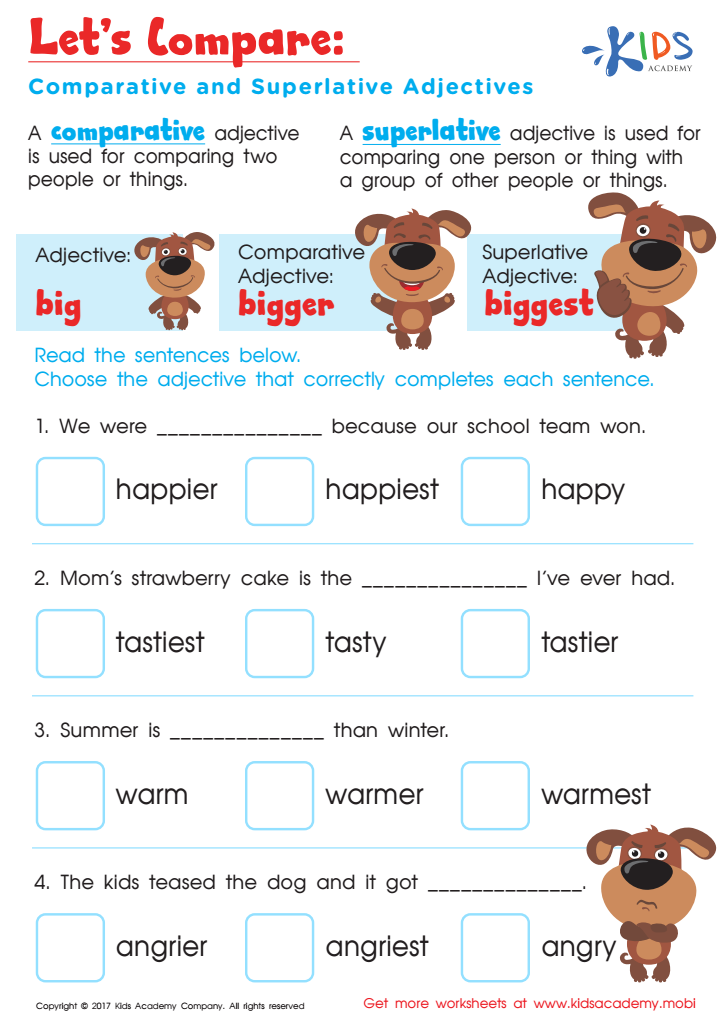

Comparative and Superlative Worksheet
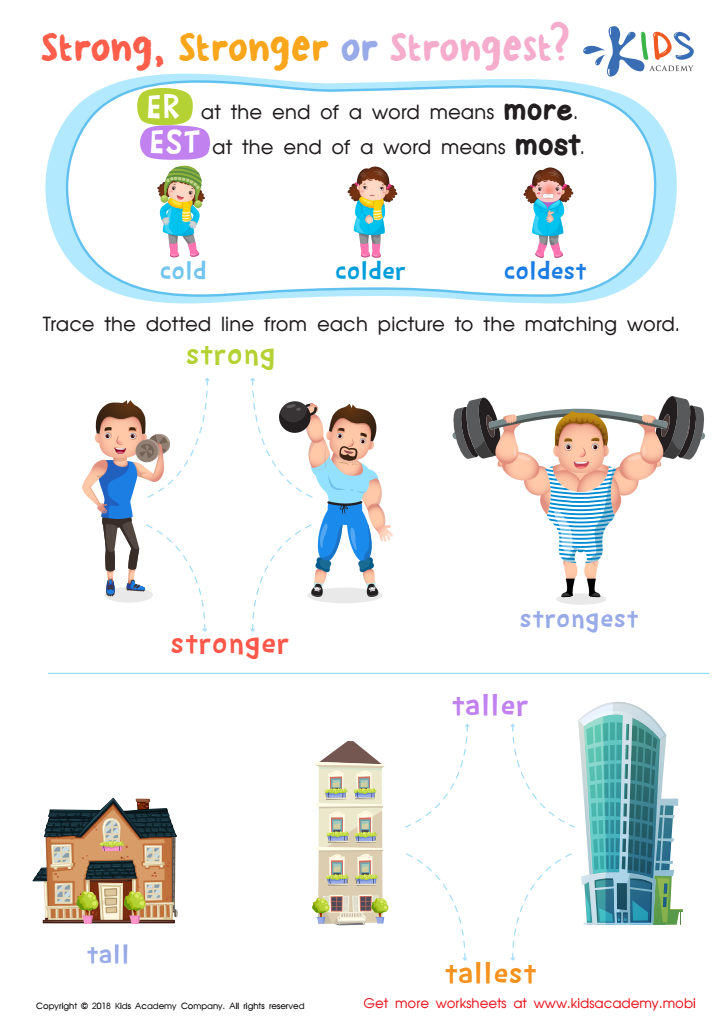

Strong or Stronger? Worksheet
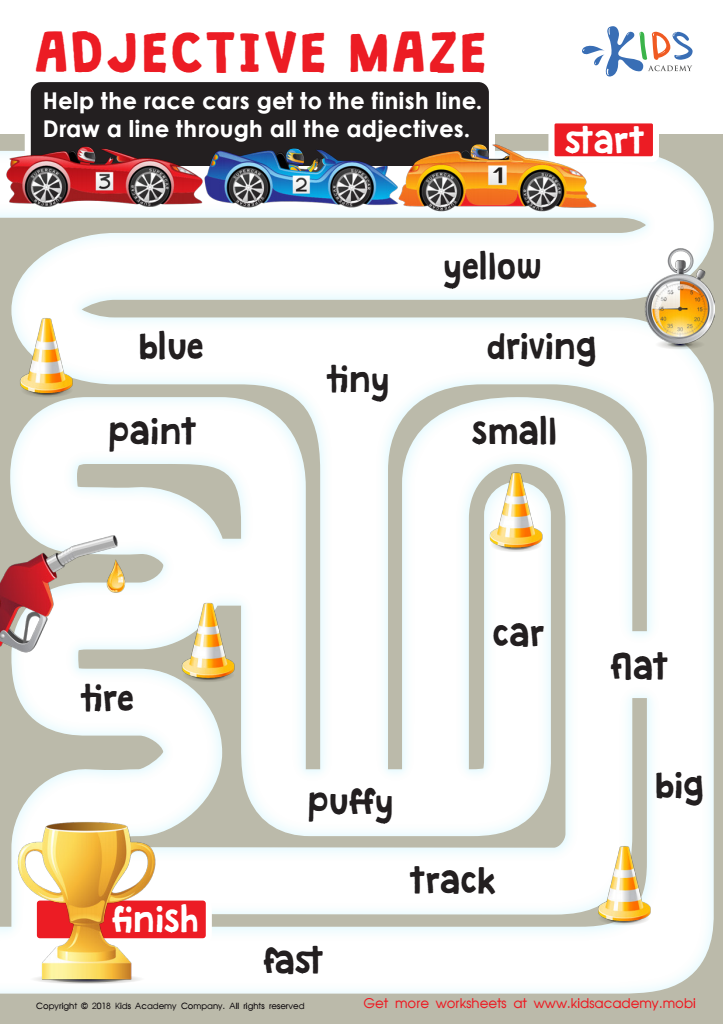

Adjective Maze Worksheet


Adjectives Worksheet
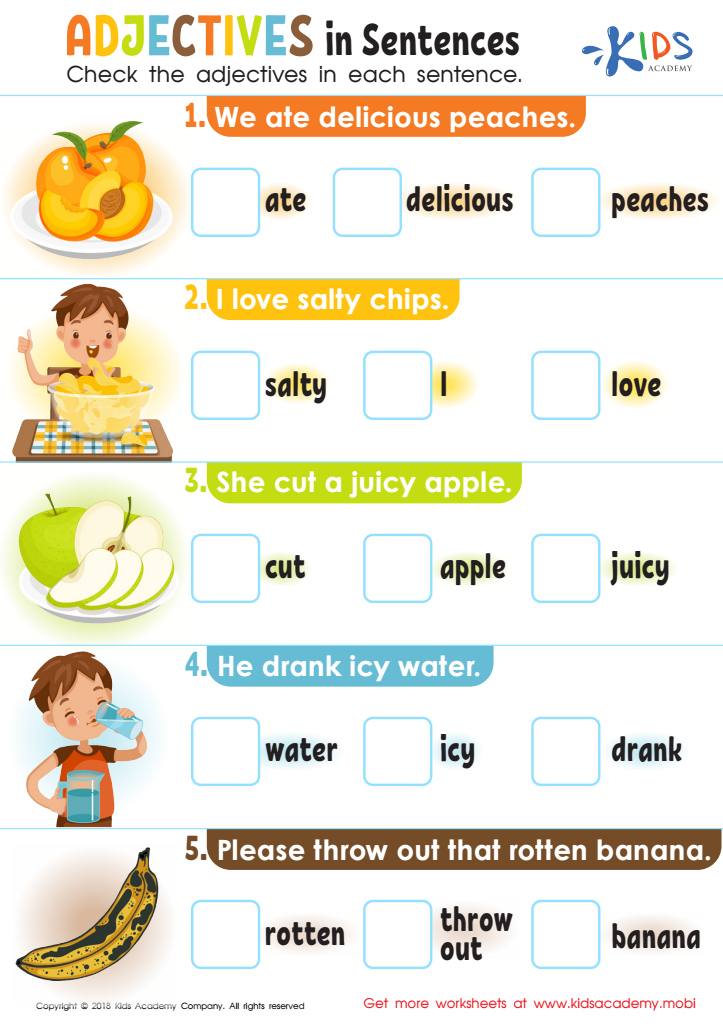

Adjectives in Sentences Worksheet
Understanding adjectives is crucial for young children, ages 3-9, because it plays a vital role in their language development and communication skills. During these formative years, children are rapidly expanding their vocabularies and learning how to express themselves. Adjectives add richness and detail to their speech, allowing them to describe people, places, things, and experiences more vividly.
For parents and teachers, investing time in teaching adjectives helps facilitate a child’s cognitive development. It not only enhances their descriptive abilities but also aids in the development of critical thinking. For instance, distinguishing between a "tall tree" and a "short tree" encourages children to observe and compare objects, which is a fundamental cognitive skill.
Moreover, a strong grasp of adjectives can improve reading comprehension. When children encounter adjectives in stories, they gain a better understanding of the text and can visualize scenes more accurately. This can make reading more enjoyable and engaging, fostering a lifelong love of literature.
Socially, adjectives help kids in building more nuanced friendships. For example, being able to communicate feeling "happy," "excited," or "lonely" enables them to express their emotions and understand their peers better, promoting empathy and better interpersonal relationships.
Overall, understanding adjectives equips children with vital language tools, contributing significantly to their educational and social development.
 Assign to My Students
Assign to My Students
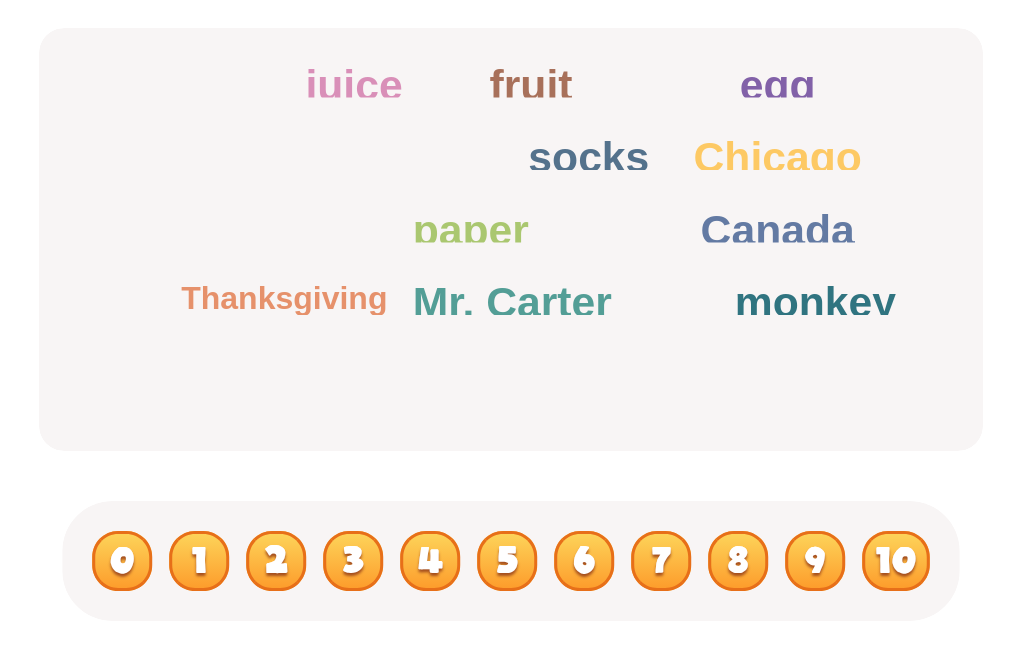
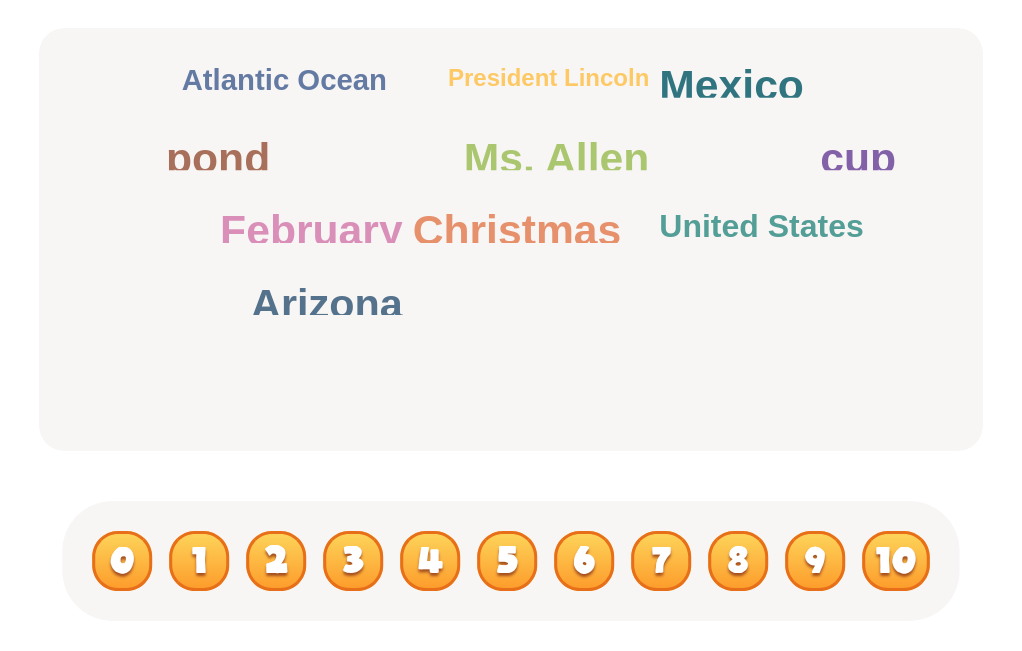
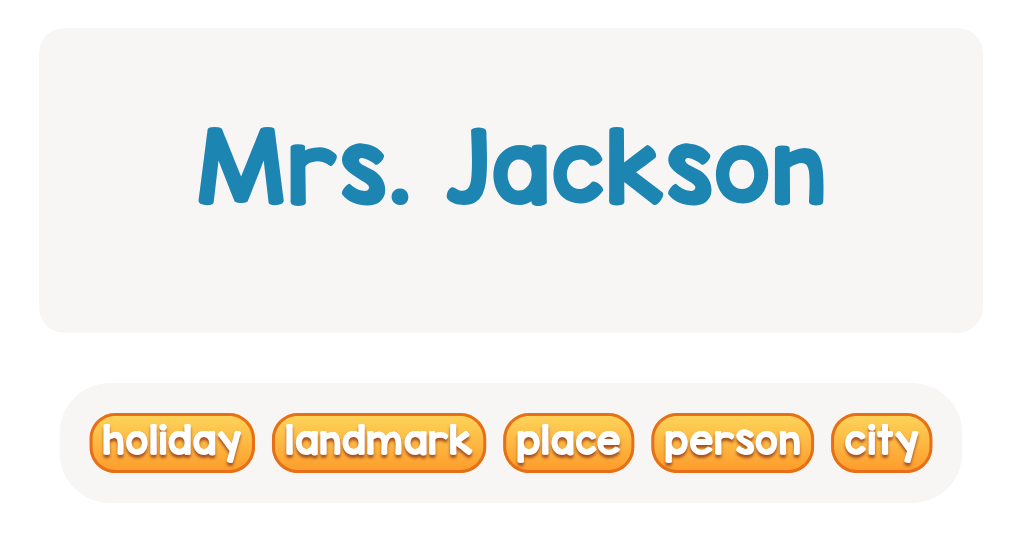
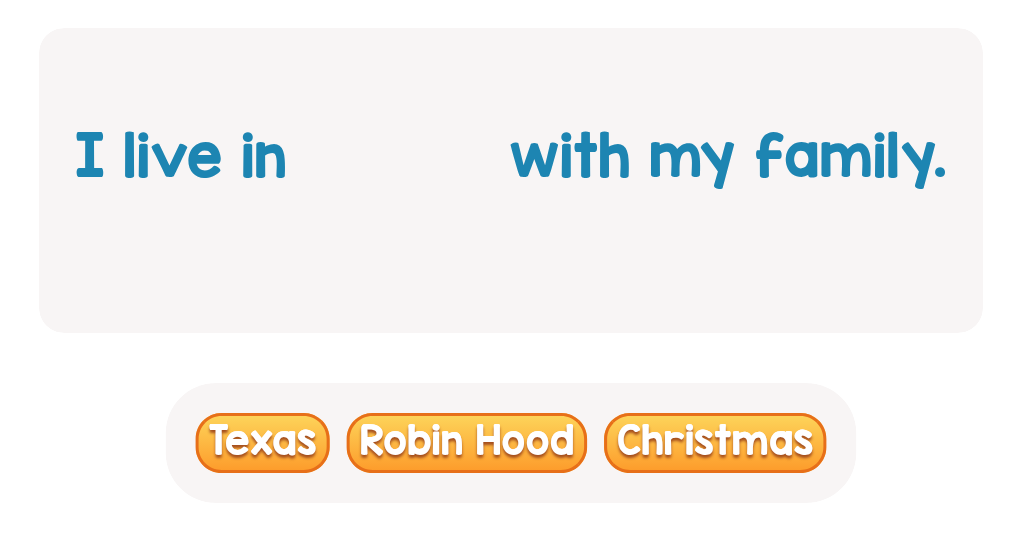

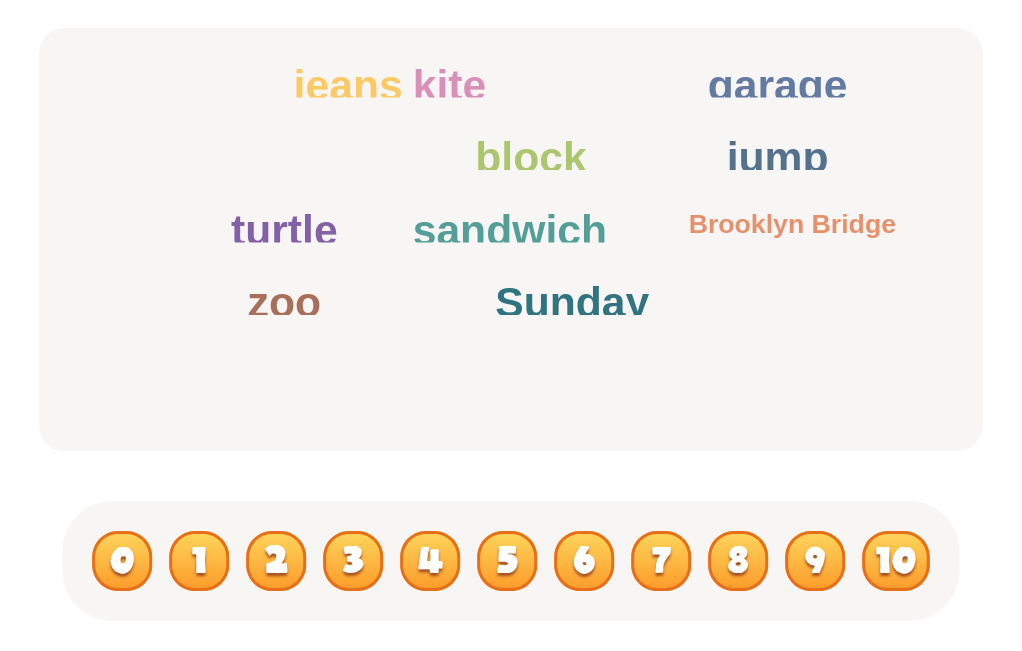
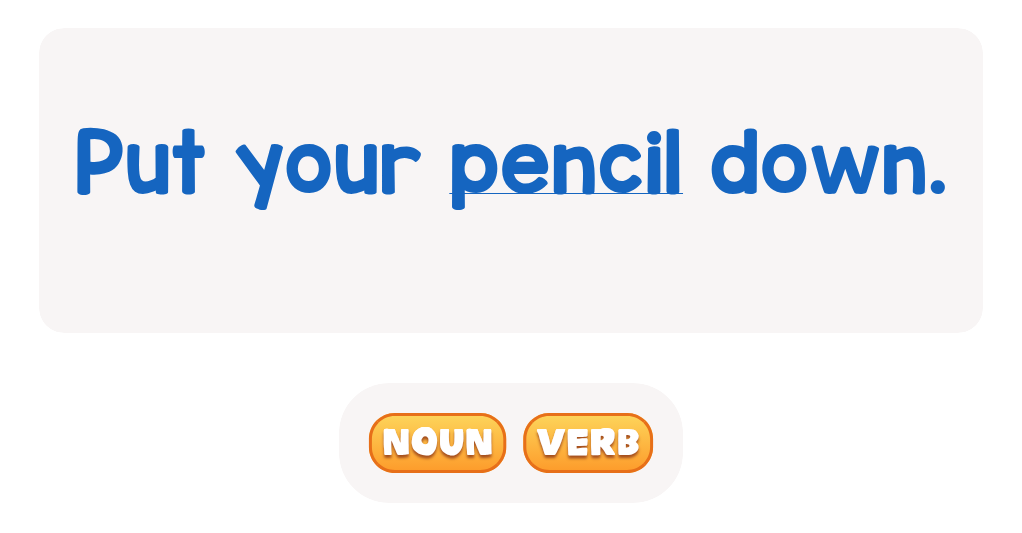
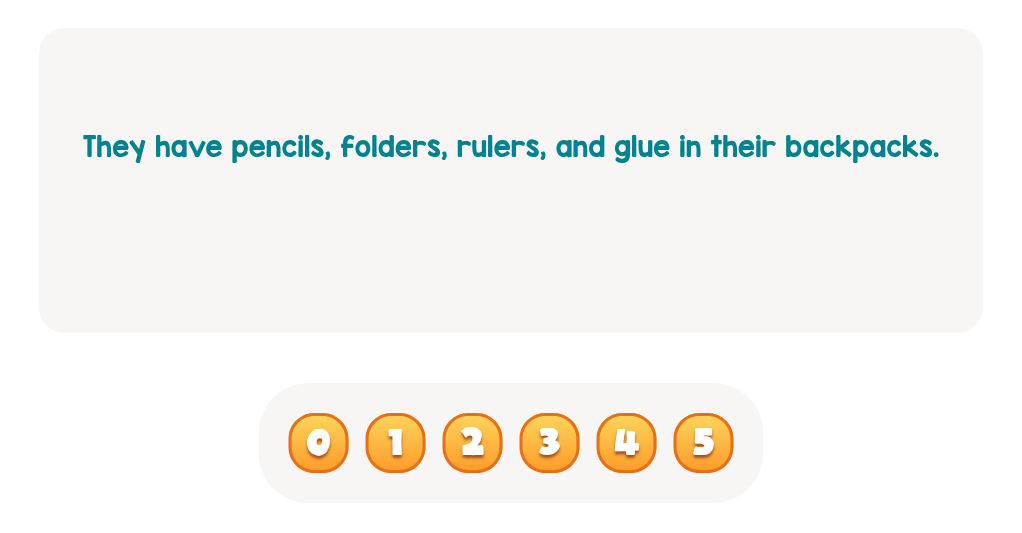
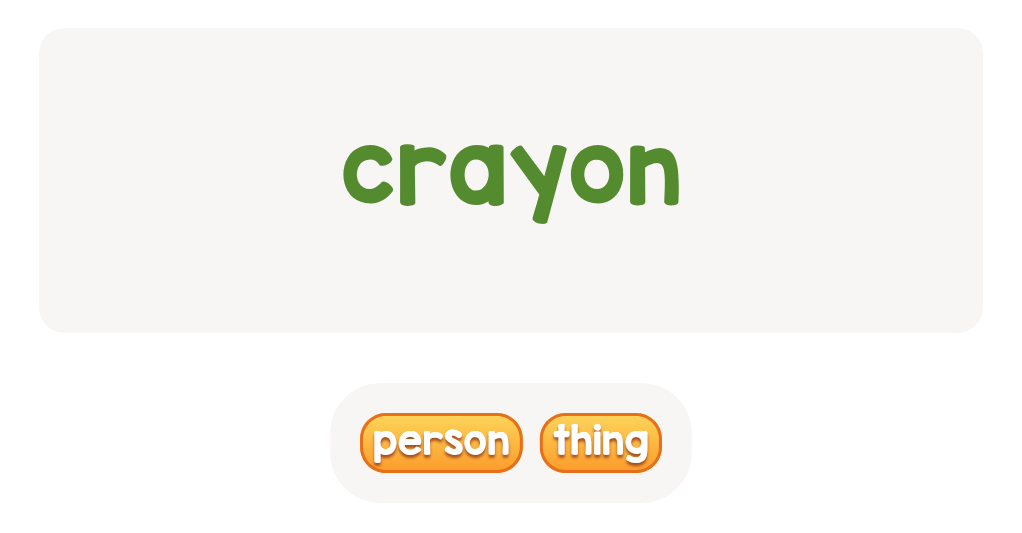
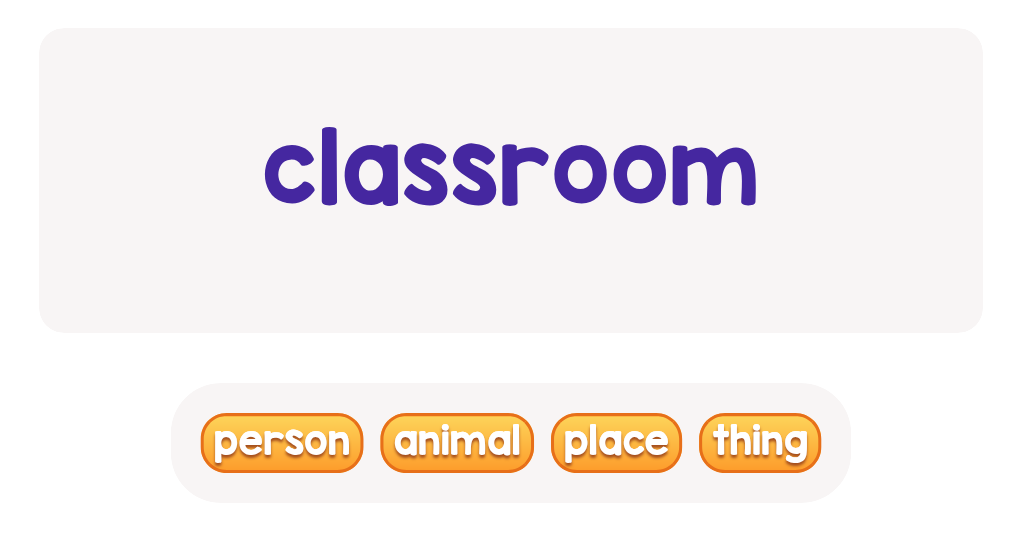






.jpg)
